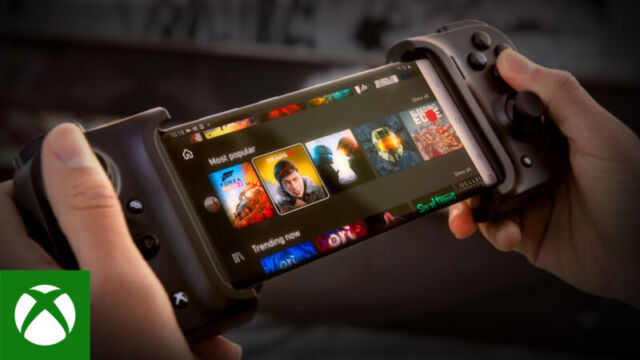

Publicly, Sony has been adamant that Microsoft’s proposed acquisition of Activision would give Microsoft too much leverage over PlayStation’s access to key multi-console franchises such as Duty. In private, however, Jim Ryan, president and CEO of Sony Interactive Entertainment, seemed less concerned, according to a blockbuster email Microsoft presented Thursday during opening statements in a court hearing over the FTC’s attempts to block the Activision purchase.
“It’s not an exclusive game at all,” Ryan said in the January 2022 email, as read by Microsoft attorney Beth Wilkinson. “They think bigger than that and they have the money to make these kinds of moves.”
“I’ve spent quite a bit of time with both [Microsoft gaming head Phil Spencer] and Bobby [Kotick] about the past day,” Ryan continued in the email. “I’m pretty sure we’ll continue to see CoD on PlayStation for many years to come. I’m not complacent and I’d rather this didn’t happen, but it will be fine, more than okay.”
Microsoft hyped the revelation in court in a statement to Ars Technica: “Today, Sony has shown that we have known all along that we will keep our promise to keep games on its platform and made it clear that its work to counter lobbying the deal is only to protect its dominant position in the market.”
Ryan’s previously private email contrasts sharply with Sony’s public statements about the proposed acquisition. As recently as April, Sony told the UK Competition and Markets Authority that it feared Microsoft could undermine PlayStation by offering Sony a “downgraded” version of the game. Duty in terms of performance, price or even release date.
Sony also previously mentioned Microsoft’s initial three-year proposal Duty sub-agreement “insufficient” last September. Sony has also declined to sign another 10-year contract Duty deal that has been offered to other platform holders, a move that Activision CEO Bobby Kotick said was an attempt to “sabotage” regulatory approval.
Less formally, Microsoft’s Phil Spencer has promised to release in interviews Duty on PlayStation “as long as there’s a PlayStation to ship to.” Sony has cited the example of Bethesda’s post-acquisition Xbox exclusives as a primary reason why it can’t trust that kind of promise, with the FTC subsequently citing the same pattern as “powerful evidence” against approving the deal.
New Xbox exclusives and streaming pessimism
Elsewhere in the opening statement, Microsoft confirmed that Bethesda is coming Indiana Jones game, first announced in 2021, would indeed be an Xbox and PC exclusive. But in a Finding of Fact document filed with the court, Microsoft said that “Xbox expects many other future ZeniMax titles to be released on PlayStation and Nintendo.”

Microsoft
That same Finding of Fact document also includes a surprisingly candid discussion from Microsoft about the technical and market flaws of cloud gaming. Despite years of development, Microsoft notes that cloud gaming is “only a small fraction of the billions of hours of gameplay each year and has never reached consumer demand outside of its current niche.”
The document also highlights the “latency issues” of cloud gaming, which can cause a “stuttering” effect[s] or lags gameplay.” Because of issues like this, Microsoft reports that “a large majority of Xbox Cloud Gaming users report relying on the service to try out new games to decide whether to download them natively to to play, instead of streaming for regular play.”
Downplaying the importance of cloud gaming could be important to Microsoft’s legal arguments, especially after UK regulators cited competition in the cloud gaming market as the main reason they blocked Activision’s proposed purchase. Still, the pessimistic cloud outlook is striking to see from Microsoft after years of exuberant cloud gaming hype from some corners of the company.

